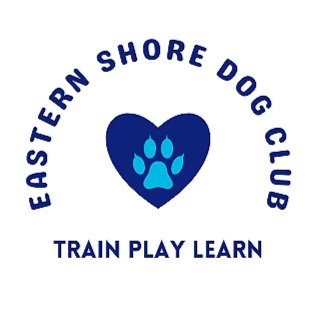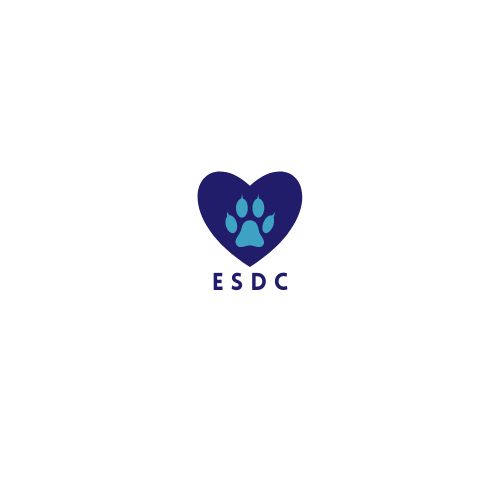
What is enrichment?
Enrichment for Dogs: Unleashing Their Happiest and Healthiest Selves
As dog lovers, we understand the importance of giving our furry friends all the love, care, and attention they deserve. But have you ever considered the significance of enrichment in their lives? Enrichment is not just a fancy term but an essential component of a dog's overall well-being. From mental stimulation to physical exercise, enrichment addresses their instinctual needs, enhances their behaviour, and nurtures a truly fulfilling life.
Mental stimulation
Dogs are intelligent creatures with a natural drive to explore, learn, and solve problems. A lack of mental stimulation can lead to boredom, restlessness, and undesirable behaviours like excessive chewing or barking. By incorporating enrichment activities, such as puzzle toys, scent games, and training sessions, we engage their minds and keep their cognitive abilities sharp. Mental challenges prevent boredom and promote a sense of accomplishment and contentment, fostering a well-rounded and less anxious four-legged companion.
Enrichment plays a vital role in shaping a dog's behaviour.
Enrichment activities provide an outlet for natural instincts, enabling dogs to satisfy their primal desires in a controlled and positive manner. For example, interactive toys can redirect inappropriate chewing behaviours towards appropriate outlets, like puzzle toys or chew treats. A well-stimulated dog is more likely to exhibit fewer destructive behaviours, increasing harmony in the household and strengthening the bond between humans and canines.
In addition to mental stimulation, enrichment activities are crucial for physical exercise. Dogs, regardless of breed or size, have a need for physical activity to maintain a healthy weight, promote cardiovascular health, and support strong muscles and joints. Regular exercise is essential for their physical well-being and an outlet for their energy, preventing them from becoming restless or even overweight. Enrichment activities, such as interactive play sessions, agility training, or even taking them to a dog-friendly park, contribute to their physical fitness while providing an opportunity for socialization with other dogs, a key aspect of their emotional development.
Enrichment suggestions
-

Food puzzles
A simple way to exercise your dog’s mind is to stop feeding from a bowl. Seeking out food satisfies a dog’s need to solve problems and access food. Start with simple options like food inside toilet rolls or placed under a towel. As your dog gets better at these games you can increase the complexity like in the picture above.
-

Sniff opportunities
A dog’s nose provides them with infinite information from their surroundings. Next time you go for a walk use a long lead and let your dog set the direction and time spent in a location. This walk is for your dog not you! Observe what interests them and what smells they enjoy most. Try giving your dog access to new and unexpected scents eg beach, bush, creek, farm or city smells.
-

Play time
Not all dogs like food puzzles and not all dogs like toy play. All dogs love time with their owner and games. Be curious about what your dog finds fun and playful. Fetch and ball play is only one option and should not be overused. Consider options like tug, a flirt pole and ‘find it’. Watch the video below that has great tips and tricks for playing with your dog.

